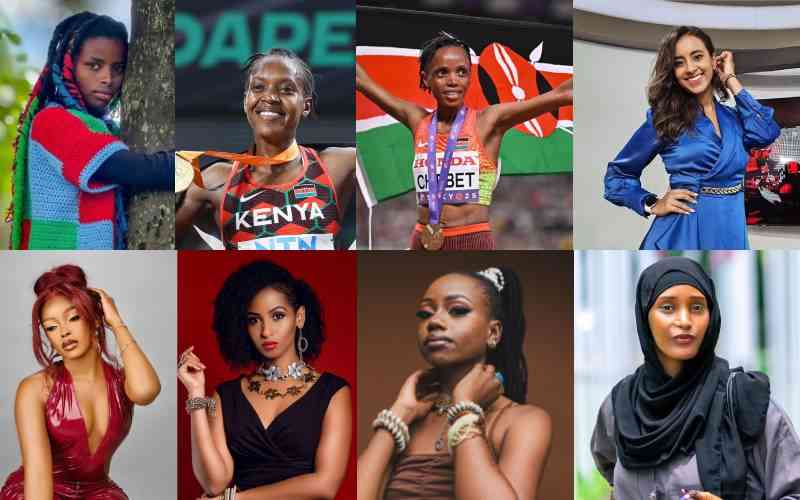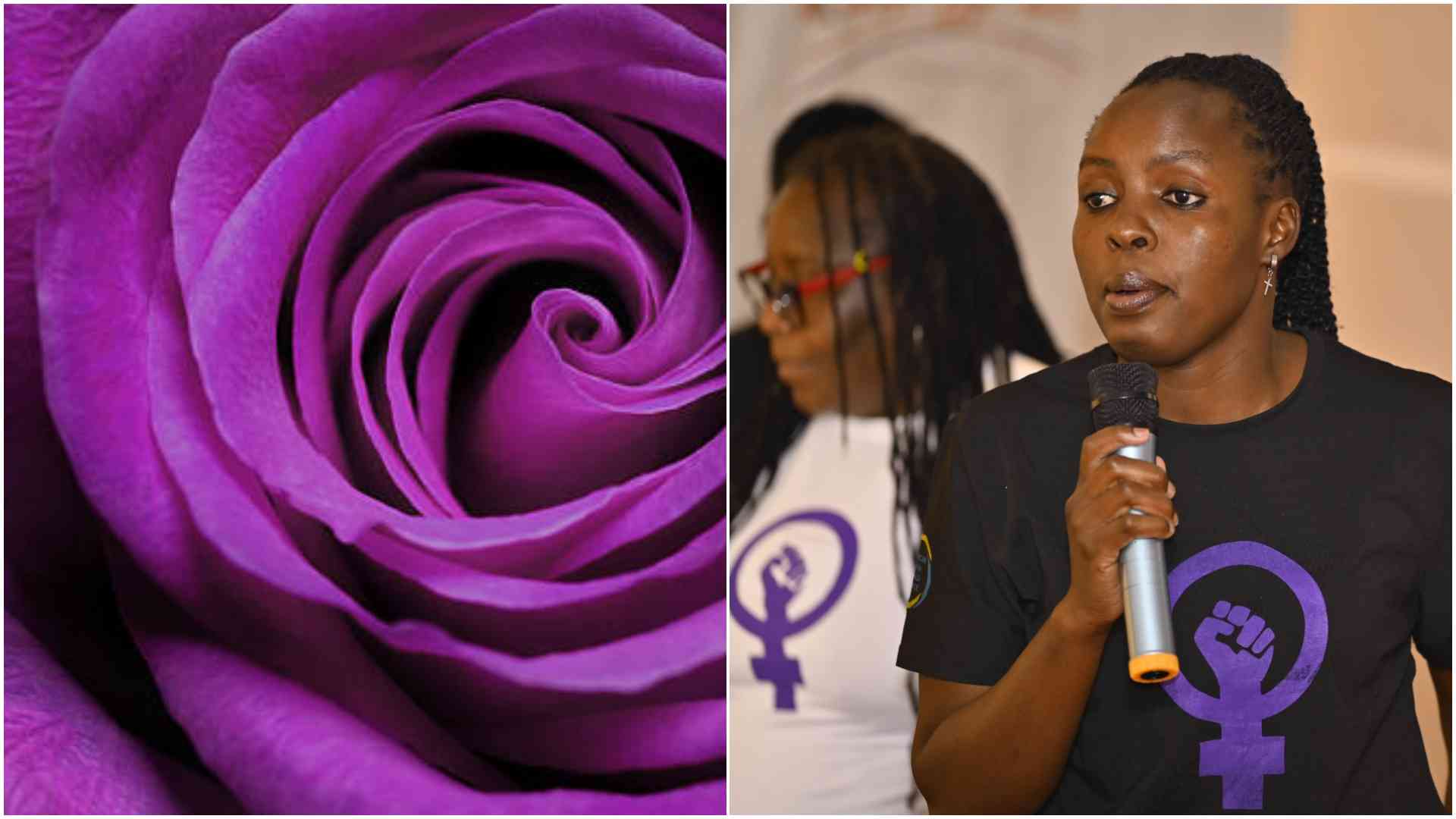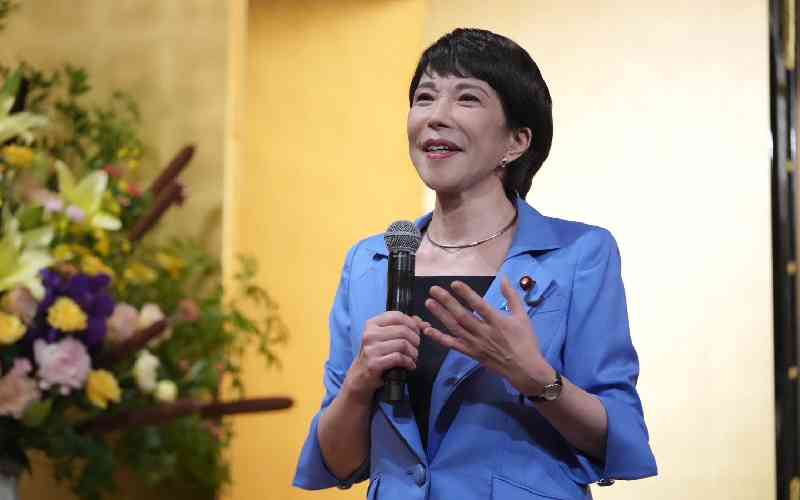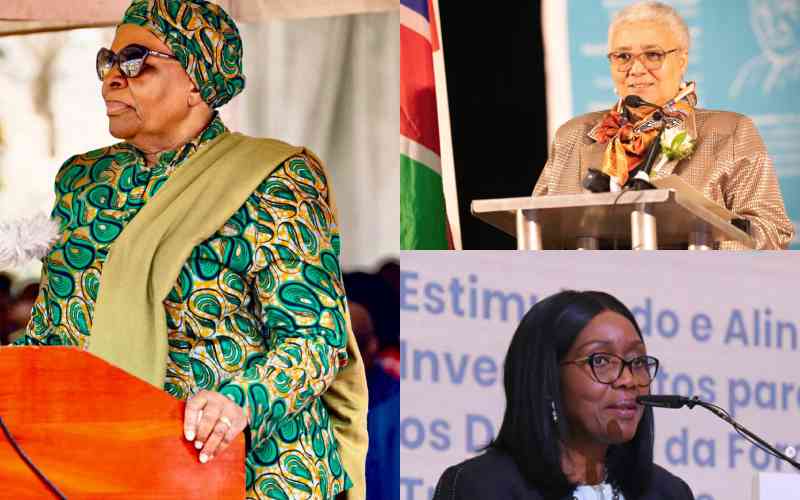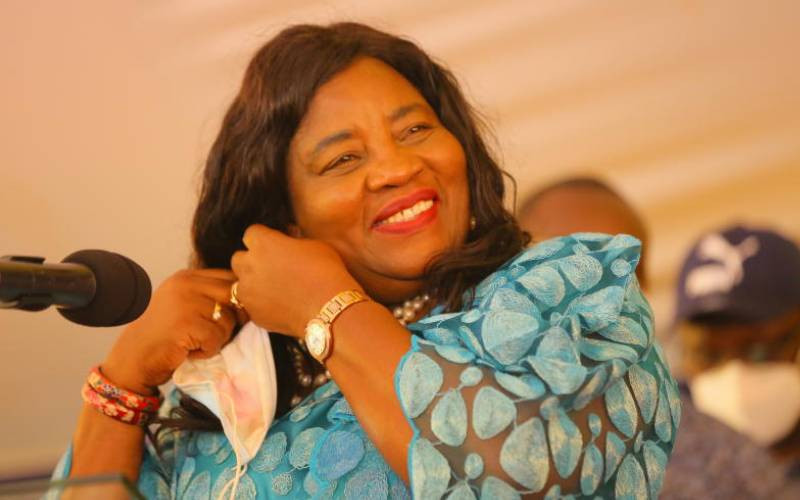
When Cecilia Wairimu was growing up, she hoped that on reaching adulthood, she would get married and bring up her own family. At least that is what her upbringing taught her.
And so when she cleared school and was old enough, she met and married a man in church in a colourful wedding ceremony.
“All was well between us until a year later when there was nothing to show for the union. We had wished for a baby but there was none,” she recalls.
When the second year came and there was still no child, their love turned into a domestic tinderbox. “It worried me that I could not have a child: one, because I really wanted to be a mother, and two, because it was a shameful thing not being able to carry a pregnancy,” Wairimu says.
There were many other things that the couple disagreed on but childlessness seemed to be the main cause of all their troubles.
The blame was automatically laid on her. Even her mother-in-law called her barren. She took it in her stride, visiting a gynaecologist afterwards for diagnosis and a possible treatment.
“I asked my husband to come with me to the hospital. He was reluctant but finally agreed. I was diagnosed with blocked tubes and him with low sperm count. He was given medicine to take continuously but he stopped six months later,” she says.
By year five and without a child, the couple had grown apart. Wairimu’s husband abused her physically and verbally. Counselling and spiritual counsel didn’t help much. When Wairimu couldn’t take it anymore, she quit the marriage.
- Coder who turned civic frustration into global recognition
- Modern trailblazer: From corporate life to mountain peaks
- Ida Odinga: Pillar behind Raila's chequered legacy
- Modesty on the runway: Meet Kenya's trailblazing hijabi model
Keep Reading
While the pain of an abusive marriage ceased, that of childlessness never stopped.
Such is the agony of not being able to bear a child in a society where the yardstick for manliness and womanliness is the ability to conceive and bring forth new life.

“When is the baby coming?” is a question that Rose Muli loathes being asked. Every time the question is asked, it opens a wound she has lived with for over four years.
Rose got married to her husband, Dan Muli, in March 2012. The couple began trying for a baby in January 2013 without success. She was first diagnosed with fibroids, which were surgically removed. When she still couldn’t conceive, she went back for examination.
“The second time around the doctor found a cyst. He also did laparoscopy and discovered that one of my fallopian tubes was blocked. I have gone through two more surgeries and still can’t conceive,” Rose says as tears roll down her cheeks.
Since 2013, Rose and Dan have spent Sh1.2 million on surgeries and treatment in their quest to get a baby.
“It has been difficult. Insurance does not pay for fertility-related treatments. The latest news we have from the doctor is that our only viable option is IVF (In-vitro fertilisation), whose success is not guaranteed and costs as much as Sh500,000,” Dan says, fighting off tears, choking on his own words.
The couple, born-again Christians, decided to engage their parents and tell them the truth to ease off pressure.
“We didn’t want them to ask the inevitable ‘where is the baby?’... We talked to the whole family. Their support thus far has been helpful,” Dan says.
It was an important step, he says, remembering the point during their wedding when his mother, in her wedding speech, asked for “many grandchildren”.
“The burden of childlessness fundamentally results from the society putting much importance on the ability to bring forth new life,” says Dr Robinson Ocharo of the University of Nairobi’s sociology department.
“Stigma happens because we value children. The traditional society has a history of looking down upon a couple who cannot bear children. They had their own ways of coming up with solutions — like a woman marrying a woman. Sometimes another man would secretly be introduced to a woman if it was suspected that her husband was infertile,” says Ocharo.
It is the same society that chauvinistically tilted the scale of blame and apportioned women the biggest percentage.
“Nobody understood that infertility was a function of biology and that it was no one’s conscious mistake,” says Ocharo.
Many still remember the harrowing news last month of a Machakos man who chopped off his wife’s hands, accusing her bareness. Doctors have since established that the man had low sperm count and could not make his wife pregnant.
“Our society is still largely chauvinistic. And as such a man is expected to measure up to societal expectations of manhood, which include the ability to have children,” Catherine Mbau, a counselling psychologist, says. Mbau says it has always been “easy” to cushion men from the shame of infertility and protect their fragile egos.
Cecilia Wairimu ended up in a second marriage, which lasted three years, before being ended by the same problem of not being able to bear a child. She had visited a gynaecologist a second time and was further diagnosed with fibroids, forcing her to be operated on again.
“After the second marriage, I was feeling tired and exhausted. I was numb. Not being able to get a child had hurt so much that I no longer felt anything. After the two marriages, I had effectively given up on the prospects of motherhood,” she says.
She went on living her life – rebuilding where she was held back by the endless pursuit of a baby. But then a suitor came calling – a man with genuine interest: “I decided to give him a chance; but not because I was still hoping for a baby: I was happy to have a companion.”
At some point after being with the man for some time, Wairimu missed her periods. She didn’t think much about it, but later decided to test for pregnancy which, to her dismay, turned out positive.
Eleven years since she began trying for a child, she gave birth to her firstborn child, a son. Another one followed two years later. And just last March, Wairimu got her third child.
“I am happy that the years of heartache are over. I have the family I asked God for,” she says.
Wairimu has since formed Fertility Kenya, an organisation that partners with fertility experts, offering subsidised treatment options as well as psychosocial therapy for childless couples.
“We all deserve happiness. If that means having children, then we ought to find solutions for those who are finding it hard,” she says. “The society stares from a distance with judgment and it feels awful.”
 The Standard Group Plc is a multi-media organization with investments in media
platforms spanning newspaper print
operations, television, radio broadcasting, digital and online services. The
Standard Group is recognized as a
leading multi-media house in Kenya with a key influence in matters of national
and international interest.
The Standard Group Plc is a multi-media organization with investments in media
platforms spanning newspaper print
operations, television, radio broadcasting, digital and online services. The
Standard Group is recognized as a
leading multi-media house in Kenya with a key influence in matters of national
and international interest.



